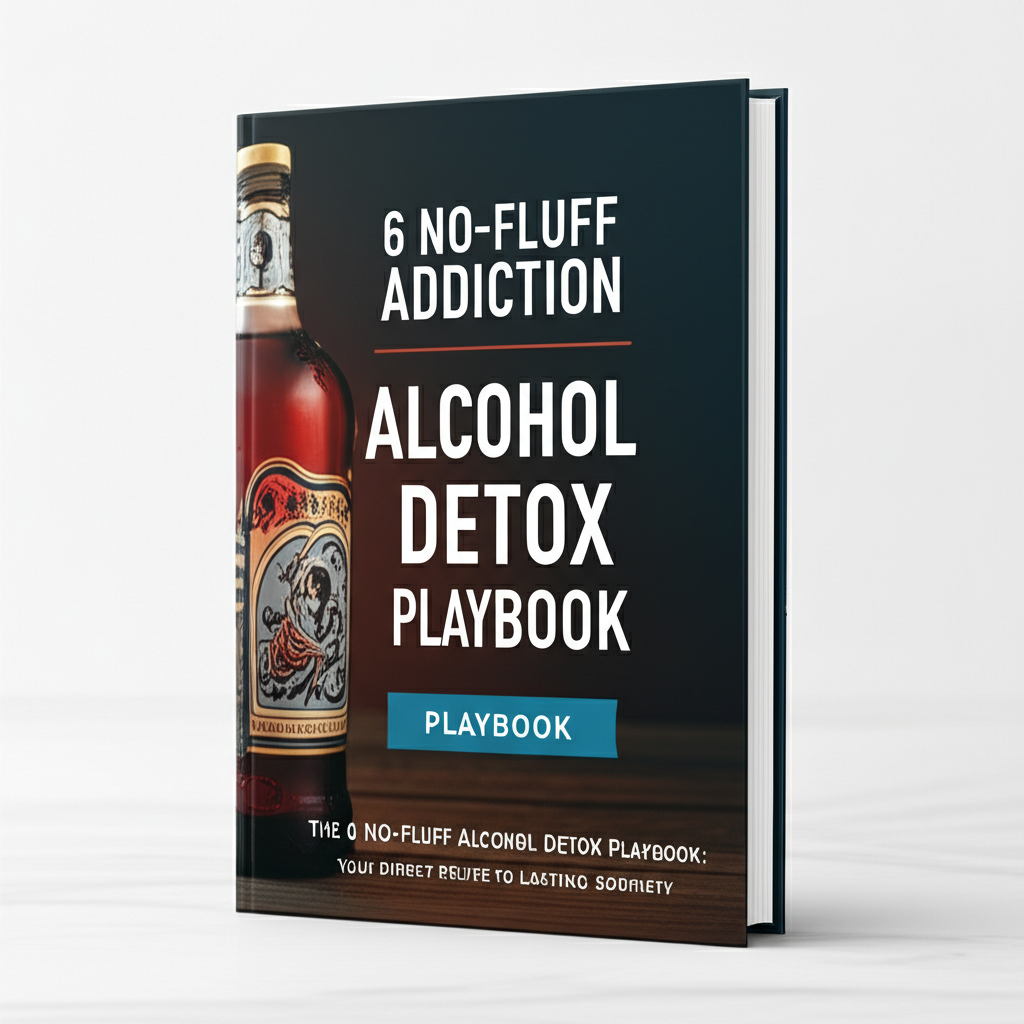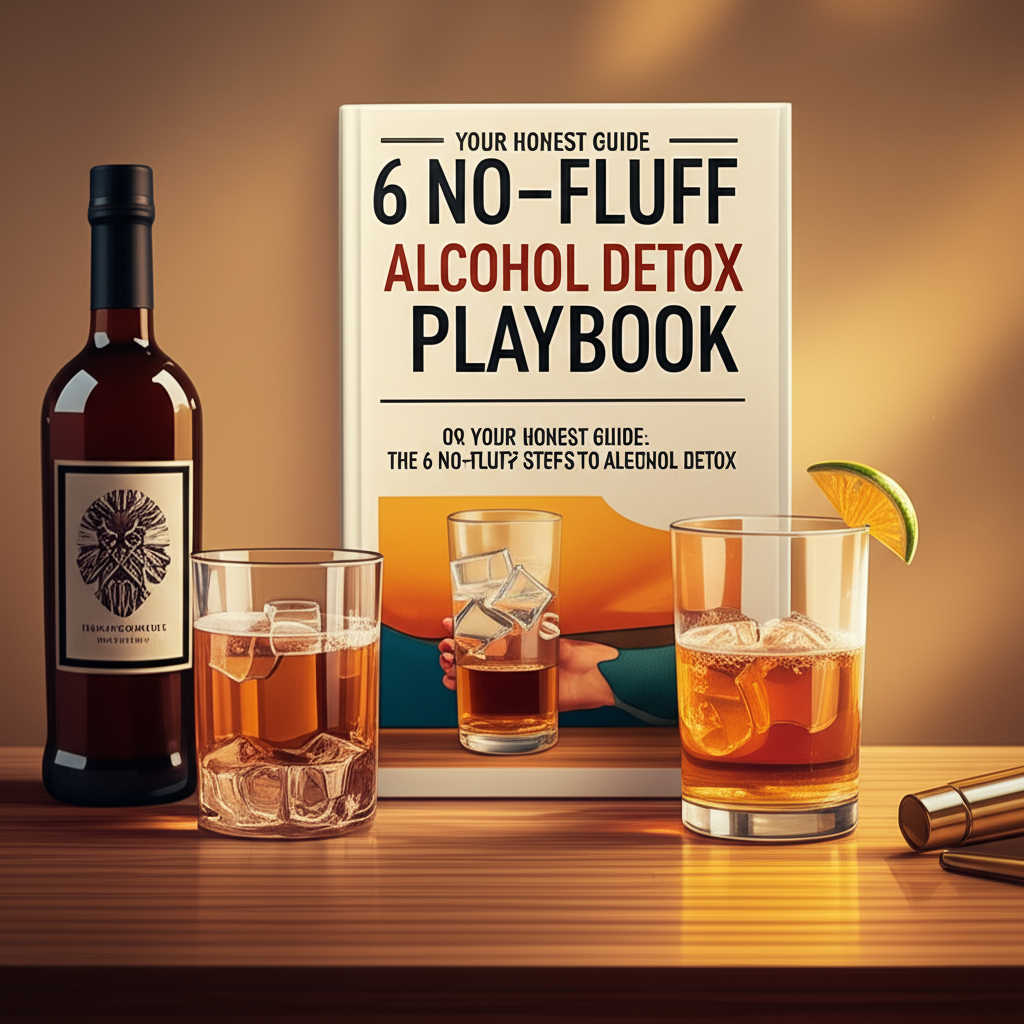Addiction is a relentless foe, a cunning adversary that can trap individuals in a cycle of dependence, eroding health, relationships, and self-worth. It whispers promises of escape, only to deliver deeper despair. Yet, amidst the darkness, there’s always a flicker of hope – the courage to seek change, the strength to fight back, and the knowledge that recovery is not just possible, but achievable. If you or someone you know is grappling with addiction, understanding the path forward can feel overwhelming. This comprehensive guide is designed to be your beacon, offering practical, empathetic, and actionable tips to navigate the challenging yet ultimately rewarding journey to lasting sobriety and a fulfilling life.
Recovery isn’t a singular event; it’s a transformative process that unfolds step by step, day by day. It requires commitment, resilience, and the right tools. From understanding the nature of addiction to building robust support systems and developing daily coping strategies, we’ll explore the essential components that pave the way to freedom. Embrace this guide as your roadmap, filled with insights to empower you on your personal journey to reclaiming your life.
Understanding Addiction: The First Step to Freedom
Before diving into practical tips, it’s crucial to grasp what addiction truly is. Dispelling myths and understanding its fundamental nature provides a solid groundwork for recovery.
It’s a Disease, Not a Moral Failing
One of the most damaging misconceptions about addiction is that it’s a sign of weakness or a lack of willpower. Modern science, however, unequivocally defines addiction as a chronic, relapsing brain disease. It fundamentally alters brain chemistry, affecting reward, motivation, memory, and related circuitry. This understanding is vital because:
- It removes shame: Recognizing addiction as a disease helps individuals shed feelings of guilt and shame, which are significant barriers to seeking help.
- It justifies treatment: Just like diabetes or heart disease, addiction requires professional medical and therapeutic intervention, not just "trying harder."
- It explains relapse: The chronic nature of the disease means relapse can be part of the recovery process, not a sign of failure. It signals a need to adjust treatment or strategies.
Identifying Your Triggers and Patterns
A critical early step in recovery is becoming intimately familiar with what prompts your addictive behaviors. Triggers are anything that makes you want to use a substance or engage in an addictive activity. They can be:
- Emotional: Stress, anxiety, sadness, loneliness, anger, excitement.
- Environmental: Certain places, people, objects, or times of day.
- Social: Social gatherings, peer pressure, arguments.
- Physical: Fatigue, pain, hunger, withdrawal symptoms.
Actionable Tip: Start a "Trigger Journal." For a week or two, meticulously record:
- When you feel a craving or urge.
- What you were doing, thinking, or feeling right before it.
- Who you were with.
- Where you were.
- The intensity of the craving (1-10 scale).
This exercise reveals patterns, empowering you to anticipate and prepare for high-risk situations.
Laying the Foundation: Preparing for Recovery
Embarking on recovery requires intentional preparation. These foundational steps set the stage for success.
Acknowledging the Problem and Committing to Change
The most powerful step is internal: admitting you have a problem and genuinely desiring change. This isn’t just saying the words; it’s an internal shift, a readiness to do the hard work.
- Self-Reflection: Ask yourself: "How has addiction impacted my life? My health, relationships, finances, career?" Be brutally honest.
- Decision to Change: Make a conscious, firm decision that you want a different life. Write it down, tell someone you trust. This commitment will be your anchor during challenging times.
Seeking Professional Help
Attempting to overcome addiction alone is incredibly difficult and often dangerous, especially with substances that cause severe withdrawal symptoms. Professional guidance is paramount.
- Types of Help:
- Medical Detoxification: Essential for safe withdrawal from certain substances (alcohol, opioids, benzodiazepines). Always supervised by medical professionals.
- Inpatient Rehabilitation: Provides a structured, immersive environment away from triggers, with intensive therapy and support.
- Outpatient Programs (IOP/PHP): Allows individuals to live at home while attending therapy and group sessions multiple times a week.
- Individual Therapy: Cognitive Behavioral Therapy (CBT), Dialectical Behavior Therapy (DBT), Motivational Interviewing are highly effective in addressing underlying issues and developing coping skills.
- Medication-Assisted Treatment (MAT): For opioid and alcohol use disorders, medications can reduce cravings and prevent relapse, making recovery more sustainable.
Actionable Tip: Don’t delay. Research local treatment centers, therapists specializing in addiction, or speak to your primary care physician for referrals. Many organizations offer free assessments and resources.
Setting Realistic Goals
Recovery is a marathon, not a sprint. Setting achievable, incremental goals prevents overwhelm and builds momentum.
- Short-Term Goals: Focus on immediate actions.
- "Attend one therapy session this week."
- "Go to a support group meeting."
- "Stay sober for today."
- Long-Term Goals: Envision your life in recovery.
- "Rebuild relationships with family."
- "Pursue a new hobby."
- "Find stable employment."
SMART Goal Framework: Ensure your goals are Specific, Measurable, Achievable, Relevant, and Time-bound.
Building Your Support System: You Are Not Alone
Isolation fuels addiction; connection fuels recovery. A strong support network is one of the most powerful tools you can cultivate.
The Power of Peer Support Groups
Groups like Alcoholics Anonymous (AA), Narcotics Anonymous (NA), SMART Recovery, and others offer invaluable support, shared experience, and accountability.
- Shared Understanding: You’ll find people who truly understand what you’re going through, reducing feelings of loneliness and uniqueness.
- Accountability: Attending meetings regularly and sharing your struggles keeps you accountable to yourself and others.
- Mentorship: Many groups offer sponsorship programs, connecting you with someone who has sustained recovery.
Actionable Tip: Attend different types of meetings (in-person, online) to find one that resonates with you. Don’t give up if the first one isn’t a perfect fit.
Involving Loved Ones
Family and friends can be powerful allies in your recovery, but they also need guidance and understanding.
- Open Communication: Honestly communicate your struggles, your progress, and your needs.
- Set Boundaries: Establish clear boundaries with loved ones regarding enabling behaviors or triggering situations.
- Educate Them: Encourage them to learn about addiction and recovery (e.g., Al-Anon for families of alcoholics).
Finding a Sponsor or Mentor
A sponsor (in 12-step programs) or a mentor is someone with sustained recovery who guides you through the process, offers advice, and provides a listening ear.
- Guidance and Experience: They’ve walked the path you’re on and can offer practical wisdom.
- Accountability: Regular check-ins with a sponsor provide an additional layer of support and accountability.
Practical Strategies for Daily Sobriety
Recovery happens one day at a time. These strategies help manage cravings and navigate daily life without returning to addictive behaviors.
Developing Healthy Coping Mechanisms
When triggers arise or difficult emotions surface, having constructive ways to cope is crucial.
- Mindfulness and Meditation: Focus on the present moment, observe thoughts and feelings without judgment.
- Exercise: A powerful stress reliever and mood booster.
- Creative Outlets: Art, music, writing, gardening.
- Journaling: Process emotions and track progress.
- Talking it Out: Reach out to a trusted friend, sponsor, or therapist.
- Hobbies: Engage in activities that bring joy and a sense of accomplishment.
Managing Cravings Effectively
Cravings are intense urges, often fleeting, but can feel overwhelming.
- "HALT" Check: Are you Hungry, Angry, Lonely, or Tired? Address these basic needs first.
- Delay, Distract, Decide:
- Delay: Tell yourself you’ll wait 15 minutes before acting on the craving. Often, the intensity will diminish.
- Distract: Engage in an activity that fully occupies your mind (e.g., a puzzle, a vigorous walk, call a friend).
- Decide: After the delay and distraction, make a conscious decision to stay sober.
- Visualization: Imagine yourself successfully resisting the craving and feeling proud.
- Deep Breathing: Calms the nervous system and reduces anxiety.
Avoiding High-Risk Situations and People
In early recovery, it’s often necessary to make significant changes to your environment.
- Change Your Routine: If certain places or times triggered use, alter your schedule to avoid them.
- Distance from Enabling Friends: Temporarily or permanently step away from relationships that encourage or enable your addiction.
- "Play the Tape Forward": Before entering a risky situation, visualize the negative consequences of using.
Building a Structured Daily Routine
A predictable routine provides stability and purpose, reducing idle time where cravings can take hold.
- Morning Rituals: Start your day with intention (meditation, exercise, healthy breakfast).
- Scheduled Activities: Plan your day with work, therapy, meetings, healthy meals, and leisure.
- Consistent Sleep Schedule: Prioritize good sleep hygiene.
Nourishing Body and Mind: Holistic Recovery
True recovery encompasses more than just abstinence; it’s about rebuilding a healthy, balanced life.
Prioritizing Physical Health
Addiction takes a heavy toll on the body. Reversing this damage is crucial.
- Balanced Nutrition: Fuel your body with nutrient-dense foods. Avoid excessive sugar and processed foods, which can impact mood and energy.
- Regular Exercise: Even moderate physical activity releases endorphins, reduces stress, and improves sleep.
- Adequate Sleep: Aim for 7-9 hours of quality sleep per night. Sleep deprivation can heighten cravings and irritability.
- Regular Medical Check-ups: Address any health issues that may have arisen during active addiction.
Practicing Mindfulness and Stress Reduction
Stress is a major trigger for relapse. Learning to manage it effectively is a lifelong skill.
- Mindfulness Meditation: Focus on your breath, observe thoughts without judgment. Even 5-10 minutes daily can make a difference.
- Yoga or Tai Chi: Combines physical movement with breathwork and mindfulness.
- Nature Immersion: Spending time outdoors has proven benefits for mental well-being.
- Progressive Muscle Relaxation: Tensing and relaxing different muscle groups to release tension.
Rediscovering Hobbies and Passions
Addiction often overshadows interests and passions. Reconnecting with activities that bring joy and meaning is vital for a fulfilling life in recovery.
- Explore New Interests: Try something you’ve always wanted to do – learn an instrument, paint, hike, cook.
- Reconnect with Old Hobbies: If you enjoyed something before addiction, pick it up again.
- Volunteer Work: Giving back to the community can provide purpose and a sense of connection.
Sustaining Long-Term Recovery: The Journey Continues
Recovery is a lifelong journey of growth and self-discovery. These tips help maintain sobriety and prevent relapse.
Developing a Relapse Prevention Plan
A relapse prevention plan is a proactive strategy to navigate potential pitfalls.
- Identify Warning Signs: What are your personal red flags (e.g., isolation, increased stress, romanticizing past use)?
- Coping Strategies for Each Sign: For each warning sign, list specific actions you’ll take (e.g., "If I feel isolated, I will call my sponsor immediately").
- Emergency Contacts: Keep a list of people to call in a crisis (sponsor, therapist, trusted friend/family).
- Review and Revise: Your plan should be a living document, reviewed and updated as you grow.
Embracing Continuous Growth and Learning
Recovery is an opportunity for personal development.
- Read Books and Articles: Continue learning about addiction, psychology, and personal growth.
- Attend Workshops: Enhance coping skills, communication, or other life skills.
- Practice Self-Compassion: Be kind to yourself, especially during setbacks. Recovery isn’t about perfection.
- Celebrate Milestones: Acknowledge and celebrate your achievements, no matter how small.
Giving Back: The Therapeutic Power of Helping Others
Once you’ve established solid footing in your own recovery, helping others can be profoundly therapeutic.
- Sponsor Others: If you’re in a 12-step program, consider becoming a sponsor.
- Volunteer: Support addiction-related causes or any cause you’re passionate about.
- Share Your Story: When appropriate, sharing your experience can inspire and help others.
Conclusion: Your Empowered Path to Freedom
The journey from addiction to recovery is undeniably challenging, demanding immense courage, perseverance, and vulnerability. Yet, it is also a journey filled with profound healing, self-discovery, and the unparalleled joy of reclaiming your life. Remember that addiction is a treatable disease, and you are not defined by your past struggles.
The tips outlined in this article – from understanding the disease and seeking professional help, to building a robust support system, developing daily coping strategies, nurturing your physical and mental health, and planning for long-term sobriety – form a powerful framework for lasting change. Each step you take, no matter how small, is a victory. Embrace the process, lean on your support network, and be patient and compassionate with yourself.
Your path to freedom and a fulfilling life is within reach. With dedication and the right tools, you can break free from the chains of addiction and step into a future filled with hope, purpose, and genuine well-being. You are capable, you are resilient, and you deserve a life free from the grip of addiction. Start today, one tip, one step, one day at a time.








